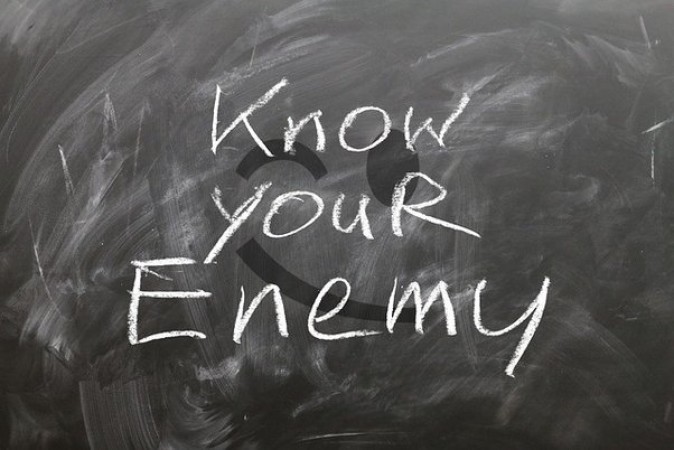
Friendship is often regarded as a source of joy, support, and companionship in our lives. We cherish the moments spent with friends, sharing laughter, experiences, and creating lasting memories together. However, amidst the warmth of friendship, there can also lurk hidden dangers – subtle habits and behaviors that, if left unchecked, can poison the very fabric of our relationships. In this article, we delve into four such habits that, when present in friendships, can be as harmful as any enemy, urging us to maintain a safe distance for our own well-being.
Toxicity within friendships is akin to a slow-acting poison, seeping into the cracks of trust and corroding the foundation of mutual respect. It manifests in various forms, often subtle yet profoundly damaging. Perhaps the most recognizable sign of toxicity is constant criticism. Friends who habitually criticize our choices, appearance, or accomplishments undermine our self-esteem and erode our confidence over time. Every snide remark, every belittling comment, chips away at our sense of worth until we find ourselves questioning our own value.
In addition to criticism, toxic friends may also exhibit manipulative behavior, using guilt, coercion, or emotional blackmail to control us or get their way. They play on our insecurities, twisting our words and emotions to suit their own agenda, leaving us feeling manipulated and powerless in their presence. Furthermore, a lack of empathy characterizes toxic friendships, where our struggles and emotions are met with indifference or dismissal. Instead of offering support and understanding, toxic friends may minimize our feelings or even mock our vulnerability, further deepening the rift between us.
Trust forms the bedrock of any healthy relationship, serving as the cornerstone of intimacy and vulnerability. However, betrayal – the breaking of trust – can fracture this foundation, leaving behind a trail of hurt, resentment, and disillusionment. Betrayal can take many forms within friendships, from gossiping and spreading rumors behind our backs to breaking promises and confidences entrusted to them.
Gossip, in particular, is a potent weapon of betrayal, capable of inflicting lasting damage to both our reputation and our sense of trust in others. Friends who engage in gossip or idle chatter about us betray not only our confidence but also our faith in their loyalty and discretion. Similarly, breaking promises or commitments undermines the very fabric of trust upon which friendships are built, leaving us feeling abandoned and deceived.
Negativity is like a dark cloud that hangs over friendships, casting a shadow of gloom and despair on even the brightest of days. Friends who habitually dwell on the negative aspects of life can sap our energy and enthusiasm, leaving us feeling drained and disheartened. Whether it's incessant complaining about trivial inconveniences or adopting a defeatist attitude towards challenges, negativity can poison the well of optimism and resilience within friendships.
Constant complaining is perhaps the most visible manifestation of negativity within friendships. Friends who fixate on their problems without seeking solutions or perspective not only burden us with their grievances but also perpetuate a cycle of discontent and dissatisfaction. Moreover, a cynical outlook on life can color our interactions with pessimism and suspicion, making it difficult to find joy and meaning in everyday experiences.
Healthy friendships thrive on a balanced exchange of support, respect, and reciprocity. However, when one-sidedness becomes the norm, the equilibrium of give and take is disrupted, leading to feelings of resentment and imbalance. Friends who consistently prioritize their needs and desires over ours or fail to offer support during times of need demonstrate a lack of investment in the relationship, leaving us feeling undervalued and unappreciated.
Self-centered behavior is a hallmark of one-sided friendships, where friends prioritize their own needs and interests without regard for ours. Whether it's monopolizing conversations with their own problems or expecting us to drop everything to cater to their whims, self-centered friends exhibit a lack of empathy and consideration for our feelings. Additionally, a lack of support during times of need can leave us feeling isolated and alone, questioning the depth of the friendship and our own worthiness of love and care.
In conclusion, while friendships are often viewed as sources of joy and support, it's essential to recognize the warning signs of toxic behaviors that can poison the well-being of these relationships. By identifying and addressing habits such as toxicity, betrayal, negativity, and one-sidedness, individuals can protect their emotional well-being and cultivate healthier, more fulfilling connections with others. Remember, true friendship is built on a foundation of mutual respect, trust, and support – anything less is a disservice to ourselves and those we hold dear.
Living ona Tight Budget: Strategies for Saving with a Low Income